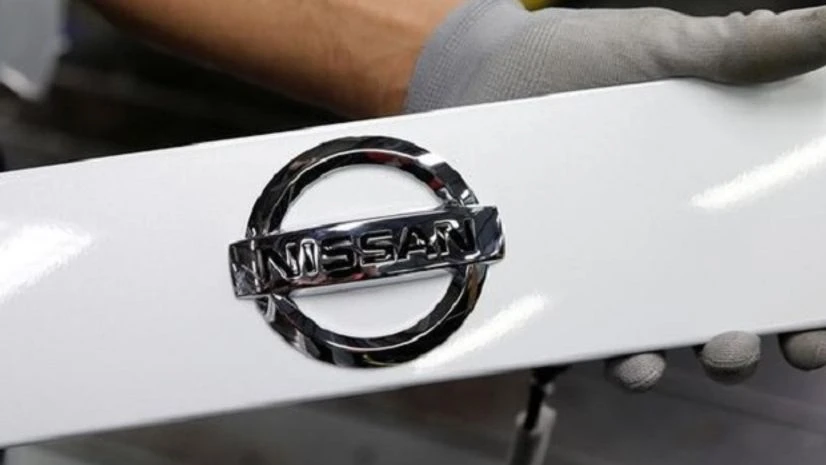Japanese car giant Nissan shook up its executive board on Friday, adding a top director from partner Renault as it battles the fallout from the Carlos Ghosn saga and disappointing results.
The firm will propose to shareholders a new board structure with 11 members, six of whom will be external, as Nissan attempts to improve corporate governance in the wake of former chairman Ghosn's arrest for alleged financial misconduct.
"With the lessons from the recent executive misconduct still fresh, Nissan resolves to rigorously pursue separation of supervisory and executive functions," said the firm.
Renault chief executive Thierry Bollore will join his colleague from the French firm, chairman Jean-Dominique Senard on the board, with the two partner firms are at odds on how close their ties should be.
The appointment appears intended to calm tensions between the firms.
Also Read
A source close to the matter said Bollore's appointment was a major concession from Nissan towards Renault "given that Nissan's management has very little confidence" in the French executive.
Bollore stood by Ghosn for a long time after his arrest, sparking anger at Nissan, whose internal investigation brought down its former boss.
Another source said Senard "had pushed for this appointment but the Japanese refused at the beginning." Senard has already been sitting on the Nissan board since he was elected to replace Ghosn at an extraordinary shareholders' meeting in April.
"For Renault, it's about having someone on the board, next to Senard, who knows the story, a heavyweight who will share Senard's views," said the second source.
Nissan boss Hiroto Saikawa will keep his job despite mounting pressure on him to step down after a set of disastrous results, with net profits expected to plunge to a decade-low in the coming year.
Several shareholders have called for Saikawa to be sacked before his term comes up for renewal in June but the former Ghosn protege has insisted he wants to stay on and guide the reforms he hopes will return Nissan to profitability.
The firm has been crippled by the reputational damage caused by the legal woes of former chairman Ghosn, who faces four formal charges of financial misconduct. He denies any wrongdoing.
But analysts point to several problems for Nissan beyond Ghosn, including apparently declining relations with its French partner Renault and a dearth of new products.
"At this time of radical transformation in the automotive industry, Nissan urgently needs to establish a highly effective governance structure to enhance business capabilities and achieve sustainable corporate value," the company said in its statement.
Saikawa has brushed off calls for his resignation, saying he wanted to launch a fresh start for the firm and would discuss the timing of his stepping down "at the appropriate time." Nissan, Renault and Mitsubishi Motors make up an unusual three-way alliance that has grown to become the top-selling car group.
Ghosn was the driving force between bringing the firms together and has since alleged that Nissan launched an investigation into him over fears he was hoping to merge the Japanese and French companies.
Saikawa has admitted "differences of opinion" with Senard on the future make-up of the alliance, including the capital partnership between the two companies.
Renault is pushing towards a merger of the two firms but Nissan executives are more sceptical.

)
